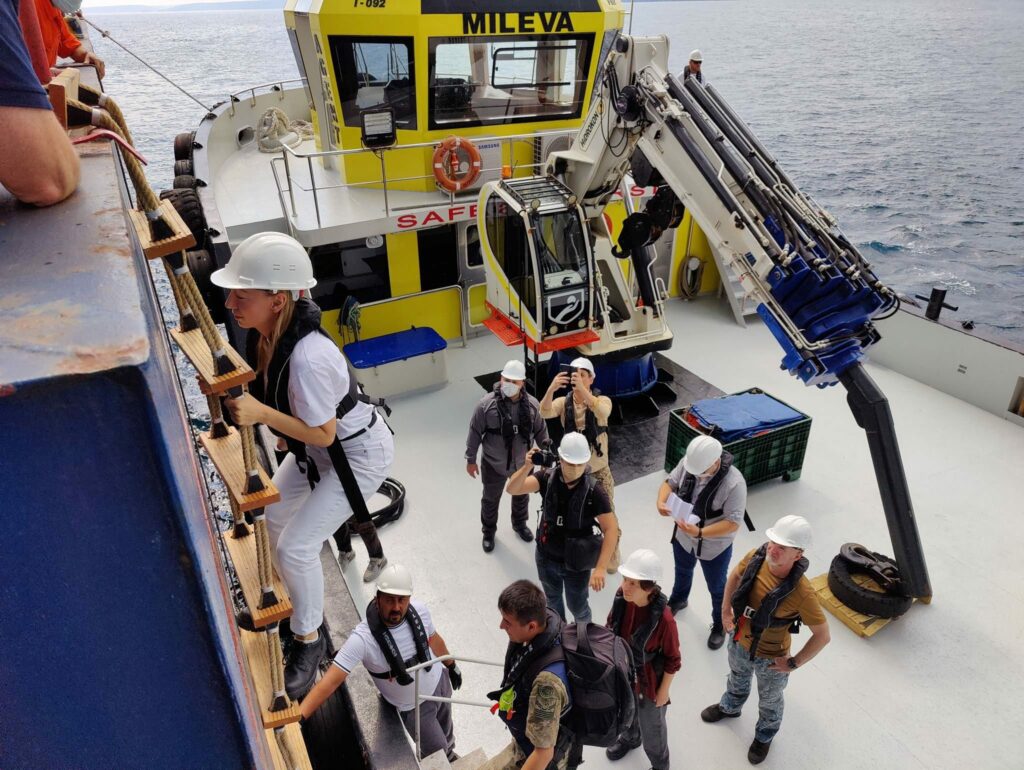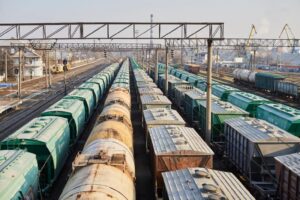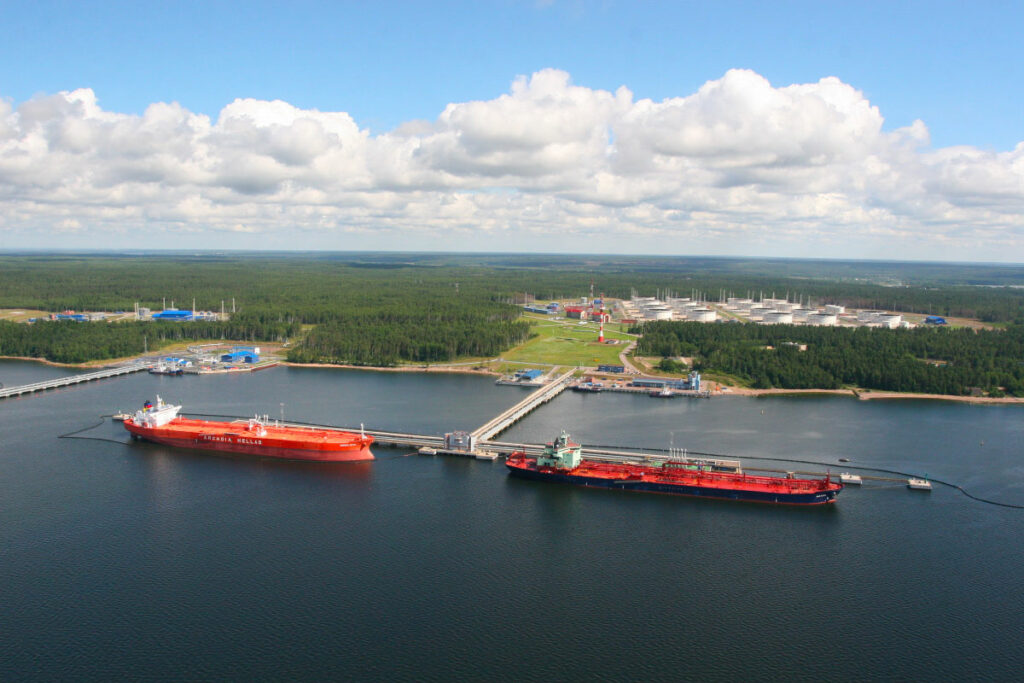RCC continues to work-now without russia

After russia’s withdrawal from the grain agreement, the number of RCC inspection groups inspecting vessels with Ukrainian agricultural products increased.
Yesterday, October 30, the Secretariat of the Joint Coordination Center announced that russian federation is suspending its participation in the grain initiative for an indefinite period. The delegation of russian federation expressed readiness for remote cooperation. Together with Turkey and the UN, the delegation provided 10 groups to inspect vessels in the Black and Marmara seas, said Andriy Klymenko, head of the Monitoring Group of the Institute of Strategic Studies.
Today, October 31, between 7 and 8 a.m., 12 ships left the ports of Great Odessa – with the approval of the Joint Coordination Center.
However, already at 7:54 a.m. on behalf of the RCC, ships received messages about the closure of the maritime humanitarian corridor with a call to return to the northern region, Andriy Klymenko said.
At 8:33 the ships received a second radiogram. It states that the RCC approved the transit, and russian federation “as part of the Black Sea Grain Initiative undertook not to carry out any attacks on ships and facilities involved in this initiative.”
Half an hour later, the captains received a radiogram from the russian delegation of the RCC – with intimidation. But further on, ships with Ukrainian grain went on the official course of the grain corridor.
Previously, the russian delegation tried by any means to reduce the number of inspection groups. Currently, according to the Institute, more than 60 ships in the Black Sea are waiting to pass through the Bosphorus Strait. The average waiting time for vessel inspection is 21 days, but the situation should ease in the near future.
It should be noted that just a few days ago, the RCC almost persuaded the russians to increase the number of inspection groups to five. And yesterday, the RCC – already without representatives of the russian delegation – immediately increased the number of inspection groups to ten.
The russians hope that the stoppage of the grain corridor will lead to a rise in the index of social tension and will lead to a public demand to “reconsider the policy before conducting a special military operation by russia.” However, with or without russia, the grain corridor works, and now it is even many times more efficient.





